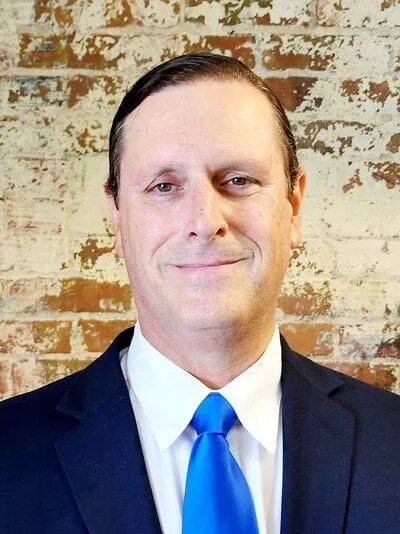The PEO Law Firm, LLC is a Florida-based law firm with a nationwide practice devoted exclusively to the counsel and representation of Professional Employer Organizations.
The lawyers of The PEO Law Firm are nationally recognized for their experience in the PEO/Employee Leasing, Staffing and Insurance industries. We appear regularly before state courts and administrative agencies on issues of licensure, regulation and workers’ compensation.
As the complexity of laws in the PEO industry have increased, so has our experience. We not only preach compliance with the law; we have helped draft and mold various laws that currently govern employment relationships.
The underlying philosophy of The PEO Law Firm is to provide our clients with the highest quality of counsel based on cutting edge industry knowledge.
Operating your business is a balance of hard-earned reward and managed risk. Let us help your company protect its investment by guiding your team through the ever-changing waters of PEO law and regulations.








